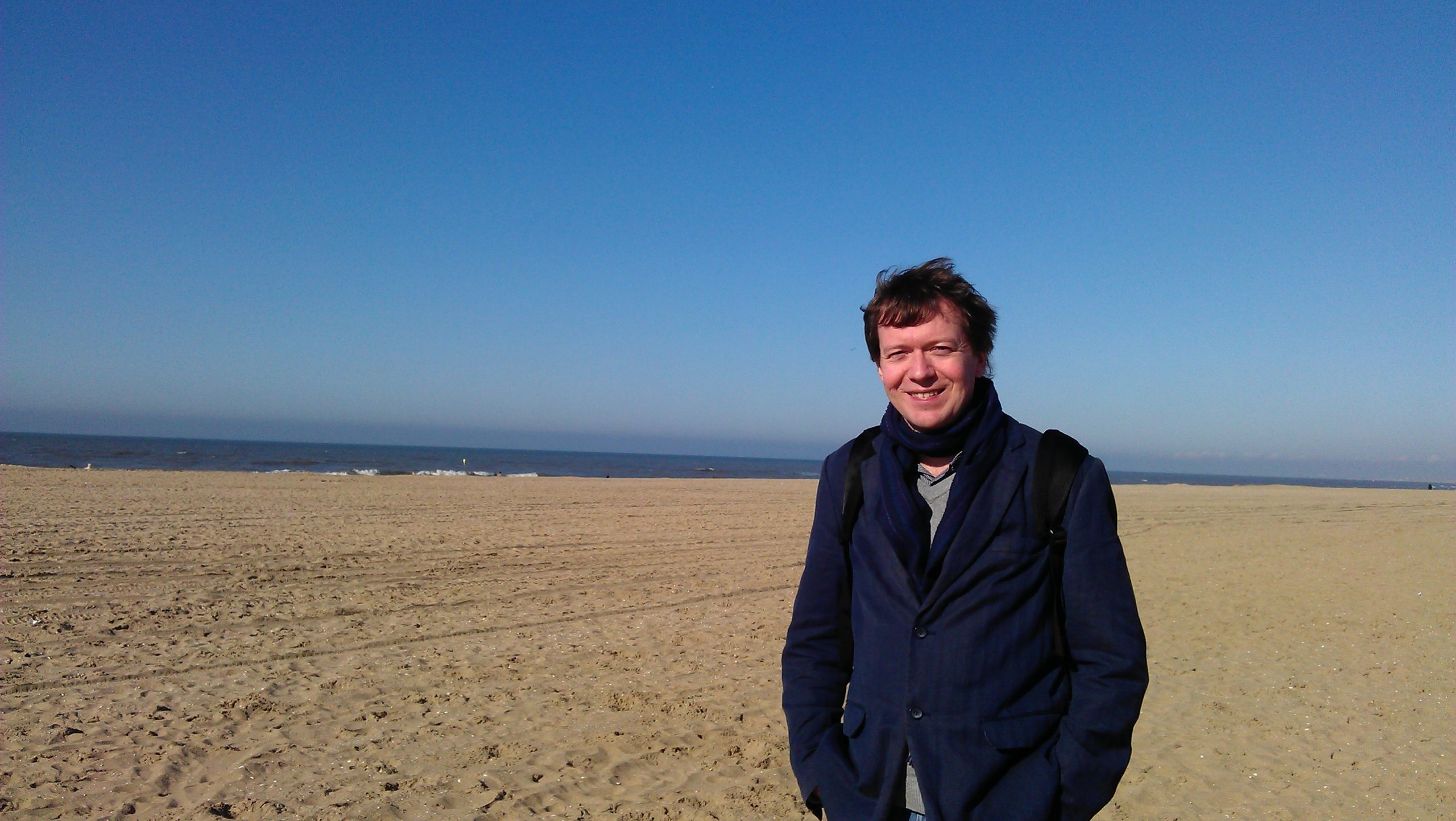
At 8 hours in total, this airing of the 1927 silent film Napoleon at London’s Royal Festival Hall was by far the longest film showing I have ever been to.
It started at 2pm and ended at 10pm.
To alleviate this endurance test for the audience, three intervals were provided, including a break of 100 minutes about two-thirds of the way through to allow us all to grab a bite to eat to sustain us till the end.
A very tasty seafood risotto and a huge slab of tiramisu at nearby Strada restaurant did the trick for me.
As part of Southbank Centre’s Film Scores Live season, this showing of ‘Napoleon’ was accompanied by the Philharmonia Orchestra playing Carl Davis’ score, conducted by Carl Davis himself.
This promised to be a uniquely memorable experience, and so it turned out.
At the Royal Festival Hall on the south side of the river I met up with a couple of friends for a pre-film beer before we took our seats in the hugely impressive auditorium.
On the stage in front of the screen the orchestra did their cacophonous, mad-sounding tuning up.
When they were ready, the charismatic Carl Davis strode out to the acclaim of the audience and we were underway.
Despite being made way back in 1927, ‘Napoleon’ doesn’t feel at all dated or quaint.
It retains an intensity that is completely gripping from start to finish.
It’s a silent film and it goes on for several hours but the time flew by.
Director Abel Gance does a superb job of condensing so much historical narrative while staying focused on the human story of Napoleon (brilliantly played by Albert Dieudonné) from his childhood schooldays through to his later military exploits in Italy.
At no point does it feel like a documentary; this film is a work fired by a powerful and inventive imagination, graced by moments of warm humour as well as some startling surreal imagery.
Spontaneous applause and wry cheers broke out from some of the audience during the scene where Napoleon makes a stirring speech in support of European unity.
The speech struck an uncanny chord in our current Brexit era. Delivered more than 90 years ago, it could not have been more topical.
The visually stunning on-screen action was accompanied superbly by the Philharmonia Orchestra.
The music was so good that a couple of times it was tempting just to close eyes and savour it without any visual distraction, but that of course would have meant missing out on some of the action in this epic film.
A lengthy and well deserved standing ovation was given to Carl Davis and the orchestra when ‘Napoleon’ ended.
Film experiences don’t come better than this.
Outside the Royal Festival Hall my friends headed off over Hungerford Bridge whilst I went the opposite direction, scurrying across Waterloo Bridge in the face of a bitingly cold November wind.
Related Post: ‘Dunkirk’, Curzon Mayfair, London